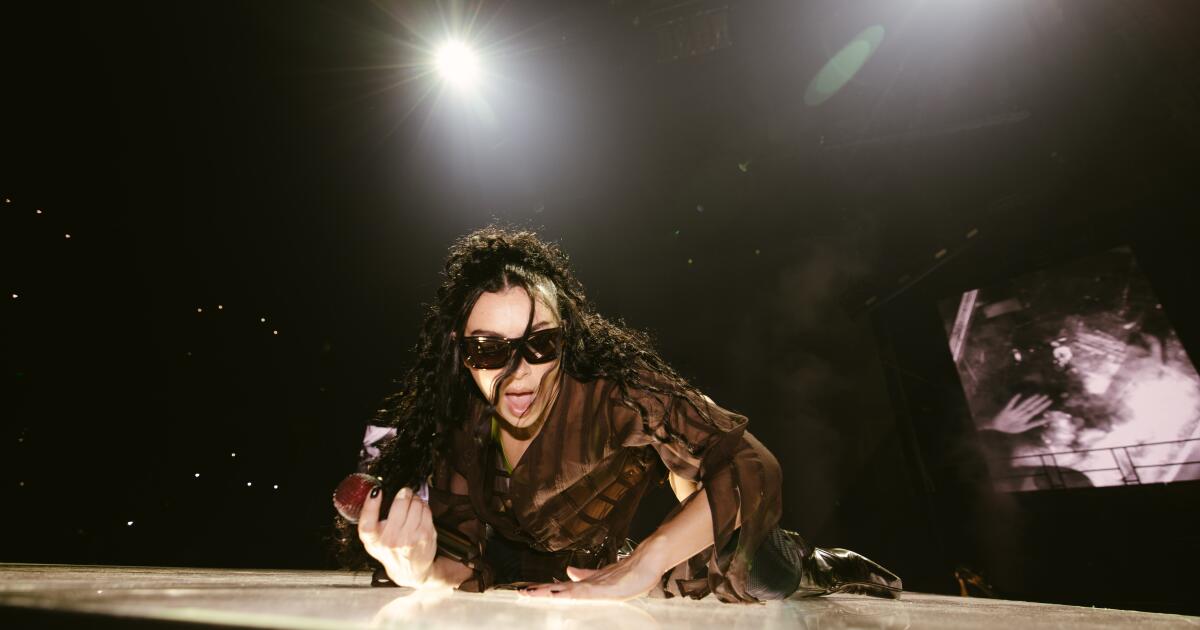Last fall, in Sochi, Russia, President Vladimir Putin declared a new world order just days after Donald Trump won the U.S. presidential election. “In a sense,” he said, “the moment of truth is coming.” And it seems that moment may have arrived for him.
After years of intense conflict and isolation from the West, Putin now sees new opportunities. The shift in U.S. leadership has changed the landscape dramatically. The bold words about standing up to bullies and supporting democracy have faded. Now, doubts linger among European allies about whether the United States will still provide the same support against a resurgent Russia.
This is a huge change for Putin, who has weathered the storm of Western opposition longer than he anticipated. Observers suggest that he views this moment as a chance to tip the scales in favor of Moscow, not just in Ukraine but across Europe as well. Max Bergmann, a Russia analyst, explains that Putin might aim to effectively win the war in Ukraine while sidelining the U.S. both in the region and beyond.
Putin’s ambitious goal appears to be dismantling NATO, the military alliance set up to protect Western Europe from the influence of the Soviet Union. Bergmann believes that Putin sees this moment as one of the best chances in his long career to reshape power dynamics in Europe.
In the past, Putin openly demanded that NATO halt its expansion into former Soviet territories, including Ukraine. He wanted assurances against any further military deployments in Central and Eastern Europe—areas that had once been under Moscow’s control.
Countries like Estonia, Poland, and Romania, which joined NATO years ago, now find themselves at risk. Angela Stent, a former government professor, notes that in Putin’s view, powerful nations dictate the rules, forcing smaller countries to comply.
The West initially rebuffed Putin’s proposals, but analysts believe he may revitalize these talks, especially with Trump in a position to negotiate. European allies are understandably anxious about what concessions the U.S. president might offer.
“This is not business as usual,” warns Lawrence Freedman, a professor of war studies. The changing U.S. administration is likely to impact trans-Atlantic relations significantly.
However, it’s worth noting that despite this advantageous shift, Putin has faced serious challenges. His attempts to bring Ukraine under Moscow’s influence remain largely unsuccessful, and the Russian military has suffered heavy losses—estimated between 1,000 to 1,500 troops daily. Moreover, Russia’s economy is feeling the strain from the ongoing conflict, facing high inflation and sluggish growth even as military spending soars. Ironically, NATO has only expanded further, now including Finland and Sweden.
Even as opportunities appear for Putin, experts caution not to overestimate his advantage. Thomas Graham, a senior fellow on international relations, warns that a robust agreement requires both sides to be willing to stop fighting. Ukraine and its allies resist any deal perceived as capitulating to Russia, regardless of American pressure.
Public opinion in the U.S. remains skeptical of Putin. Recent surveys show that a significant majority of Americans hold negative views of Russia and do not trust Putin to act ethically in global affairs. Trump’s own allies have labeled Putin in harsh terms, complicating the potential for any negotiations.
Interestingly, while U.S. sentiments are largely anti-Putin, there’s a contrasting admiration for him among certain right-wing media circles. Some political leaders in Europe are also becoming more favorable toward Russia, highlighting an emerging divide within Western nations.
In the broader geopolitical arena, the Western countries facing challenges at home could also benefit Putin’s strategy. Both France and Germany are dealing with their internal issues, and in the U.S., there are discussions about cutting military budgets. This evolving situation presents a unique moment for Putin, who might adopt a hands-off approach as his adversaries struggle.
Source link
United States Politics and Government,United States International Relations,International Relations,Putin, Vladimir V,Trump, Donald J,Russia










